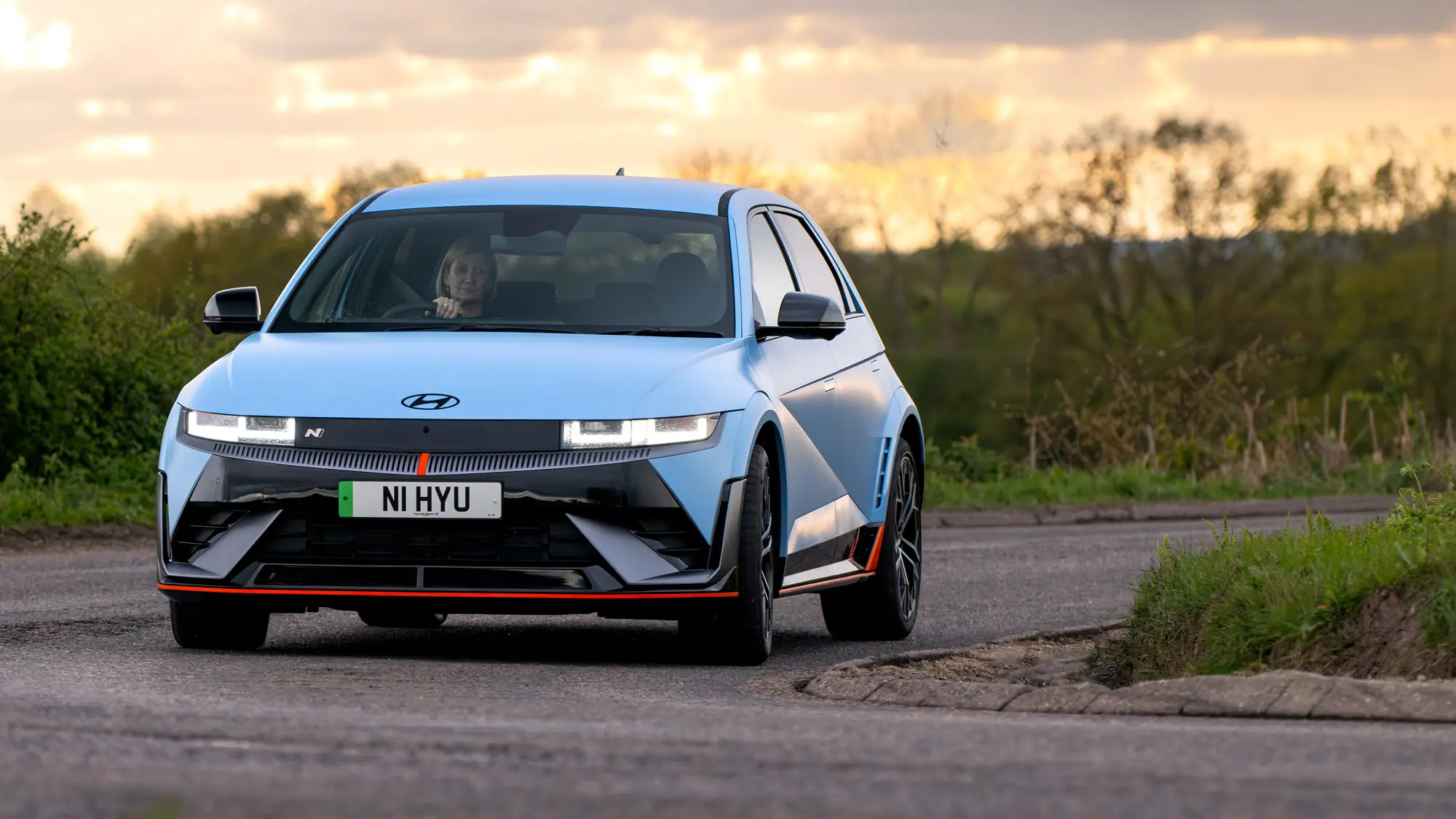City driving requires a unique kind of car—something compact, efficient, and environmentally friendly. With growing concerns about pollution, rising fuel prices, and heavy traffic, electric vehicles (EVs) are quickly becoming the top choice for urban commuters. The best electric cars for city driving combine easy maneuverability, affordable running costs, and features tailored to urban life, such as quick charging and advanced safety systems.
In this article, we’ll review some of the best EVs for city driving in 2025, focusing on affordability, performance, range, and convenience. Whether you’re a daily commuter or someone who just needs a reliable urban runabout, there’s an EV perfectly suited for you.

Why Choose an Electric Car for City Driving?
Electric cars have seen rapid growth worldwide, and urban areas are at the heart of this transformation. Here’s why EVs are ideal for city life:
- Compact Size: Smaller dimensions make parking and maneuvering easier.
- Low Running Costs: Charging is often cheaper than refueling with gas.
- Eco-Friendly: EVs produce zero tailpipe emissions, helping improve city air quality.
- Instant Torque: Smooth acceleration makes stop-and-go traffic less stressful.
- Access to Incentives: Many cities offer tax credits, reduced tolls, and free parking for EV owners.
According to the International Energy Agency (IEA), global EV sales grew by 35% in 2023, and cities play a vital role in this growth.
Top Electric Cars for City Driving in 2025
1. Tesla Model 3
Alt text: Tesla Model 3 electric car for city driving
The Tesla Model 3 remains a favorite among city drivers due to its balance of range, technology, and affordability.
Key Features:
- Range: Up to 272 miles (ideal for city + weekend trips).
- Advanced Autopilot for safer urban commuting.
- Compact sedan design for tight streets and parking spots.
Why It’s Great for Cities:
Its regenerative braking makes stop-and-go traffic more efficient, while Tesla’s Supercharger network ensures you’ll never worry about running out of power.

2. Nissan Leaf
Alt text: Nissan Leaf EV parked in an urban setting
The Nissan Leaf is one of the most affordable EVs and perfect for budget-conscious city drivers.
Key Features:
- Range: 149–212 miles, depending on model.
- Compact hatchback design with excellent visibility.
- Nissan Safety Shield 360 for urban safety.
Why It’s Great for Cities:
Its size and affordability make it an ideal choice for first-time EV buyers living in urban areas.
3. Chevrolet Bolt EV
Alt text: Chevrolet Bolt EV in city environment
Compact, reliable, and affordable, the Chevy Bolt EV is designed with city dwellers in mind.
Key Features:
- Range: 259 miles per charge.
- Spacious interior despite compact size.
- One-pedal driving for smooth traffic navigation.
Why It’s Great for Cities:
The Bolt EV’s excellent range ensures you can go days without charging if your commute is short, while still offering the flexibility for longer weekend drives.
4. BMW i3 (Used/Certified Models)
Although production has ended, the BMW i3 remains one of the best compact EVs for city use, especially as a used car option.
Key Features:
- Range: Around 153 miles.
- Unique futuristic design.
- Lightweight build for agile maneuvering.
Why It’s Great for Cities:
Its ultra-compact size makes it perfect for crowded city centers, and many certified pre-owned options are available at affordable prices.

5. Hyundai Kona Electric
The Hyundai Kona Electric offers a mix of SUV practicality with city-friendly features.
Key Features:
- Range: Up to 258 miles.
- Compact crossover design for more cargo space.
- Advanced driver-assistance features for urban safety.
Why It’s Great for Cities:
Perfect for families or drivers who need more cargo room but still want a compact vehicle suited for urban life.
6. Mini Cooper SE
For those who love style with sustainability, the Mini Cooper SE delivers.
Key Features:
- Range: 114 miles (ideal for short commutes).
- Iconic Mini design with electric performance.
- Fun handling, great for tight corners and traffic.
Why It’s Great for Cities:
Its small size makes it unbeatable for city parking and maneuvering, while its sporty feel adds fun to everyday driving.
Factors to Consider When Choosing a City EV
When selecting the best electric car for city driving, keep these factors in mind:
- Range Requirements – Short commutes may only need 100–150 miles of range.
- Charging Options – Check if your city has ample charging stations or if home charging is feasible.
- Size & Parking – Compact cars make urban navigation easier.
- Budget – Consider upfront cost versus long-term savings.
- Incentives – Look for government or local EV rebates.
Advantages of EVs Over Gas Cars in the City
- Zero emissions help reduce city pollution.
- Lower noise levels for quieter streets.
- Minimal maintenance compared to combustion engines.
- Better acceleration for quick traffic moves.
- Potential savings with EV-only perks (free parking, toll discounts).
For more insights on sustainable driving, check our related guides:
You can also explore resources from U.S. Department of Energy and International Energy Agency for in-depth EV statistics.
Conclusion
The best electric cars for city driving in 2025 are those that balance compact size, affordability, efficiency, and technology. Models like the Tesla Model 3, Nissan Leaf, and Chevrolet Bolt EV stand out as top contenders, while stylish options like the Mini Cooper SE or versatile SUVs like the Hyundai Kona Electric cater to different lifestyles.
As cities continue to prioritize sustainability, switching to an electric car isn’t just a smart choice—it’s a future-proof one. Whether you value affordability, luxury, or performance, there’s an EV ready to transform your urban commute.
Ready to make the switch? Start exploring EV options today and embrace cleaner, smarter city driving!
